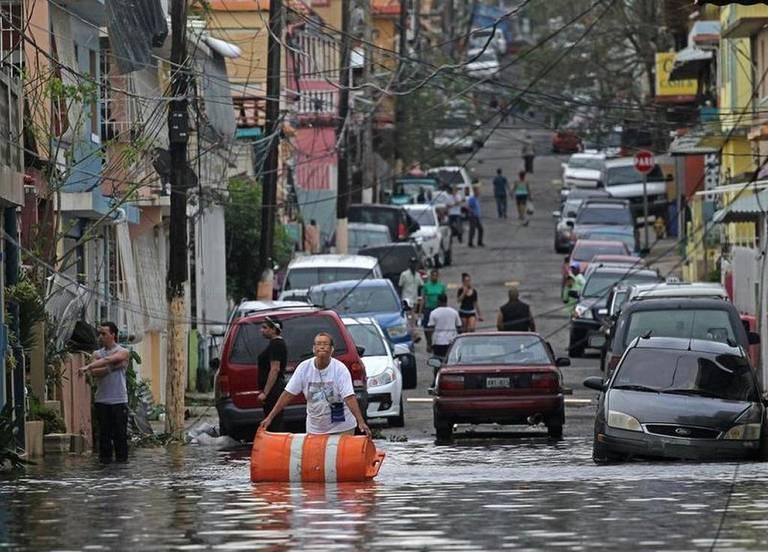Tragedy strikes. A tsunami in Southeast Asia. A terrorist attack in Europe. A scandal in the government. You know the headlines. They appear before your eyes on television screens as you get ready for work, check social media on your phone, or read the paper (heaven forbid), but almost as soon as they appear, they seem to leave us. A mass shooting happens, and you can’t look at your newsfeed for more than a few second before seeing debates between colleges and friends, infographics, or video essays on the topic of gun-control. The major news outlets take their regular battle stations, repeating the same talking points as the last time this happened. Maybe you get in on a conversation in the comments of shared article, or share one yourself, but in a few days it will have passed. Just like a storm passes, suddenly everything quiets down again, and the news goes back to celebrity interviews and think-pieces on what Donald Trump had for dinner last night.
It is not just singular events. There are still people in Houston, Texas and in Puerto Rico without homes due to massive floods from literal storms. And yet, we can’t be bothered to talk about it. “It’s old news! Why care?” seems to be the current mode of operating. It’s understandable that as time moves, so do we. There are new tragedies to mourn, and debates to be had. This short-attention-span attitude is all too indicative of who we are as a people. Everything is quick, bite-sized, easy-to-digest. We see this in our political discourse. Nuanced arguments are thrown out the window in favor of meme-length statements. “The only thing that stops a bad person with a gun is a good person with a gun” and “my body, my choice” don’t really leave a lot of room for debate, do they? Mass media and the internet make it impossible to keep anything out of our field of view, so we censor out as much as possible just to handle what we can. Just look at our films. Every scene requires quick cuts from action to more action. Too much time spent on a scene leaves us uneasy and bored. With a few notable exceptions, we don’t really watch TV shows from week to week. No, we prefer to “binge-watch” episode after episode as if it’s a race.
It would be too simple to blame something as simple as laziness or immaturity on this issue. Such explanations turn what is definitely a bigger problem into an issue of personal choice (and in essence, failure), but what choice do we have but to put on blinders and shuffle through life trying to not to take on all the difficult moral quandaries of the modern world? This then begs the question, is this a problem, in the sense that it can be solved, or is this just where we are as a society? Is this the only way to cope with burden of awareness?
Renowned sociologist Max Weber talks about how as society becomes more rational, we run the risk of disenchanting the world. We need these rational systems to survive, but we must be conscious of what is lost in the process. Is there a way to go about our lives without going insane, but also taking time to care about our Puerto Rican brothers and sisters? I think so. Like many things we learn as we become adults, life requires balance. I can’t simply work all day on hw as much as I could spend all my time in leisure. We can take some time to deal with the horrors of the world and the moral questions that we are left with, while also finding a way to pay our bills and stopping to smile and laugh with a friend.

